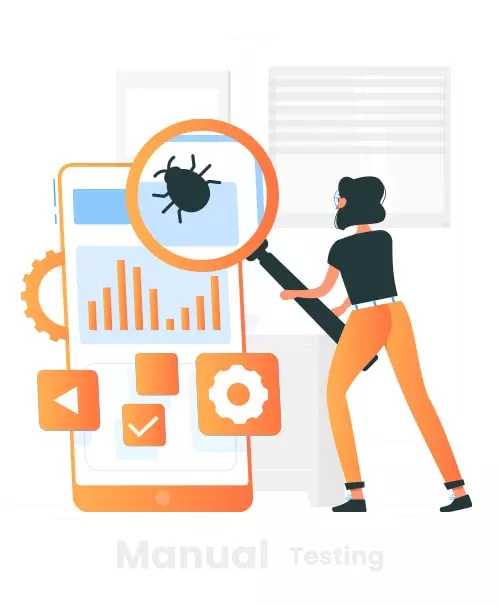IntelliSense Technology offers world-class manual software testing services with enrich and well-defined Quality Assurance methodology in place to reduce the number of errors, defects, and bugs that occur during the software development life cycle. Intellisense Technology’s test engineers have ISTQB certifications and have worked on a variety of IT projects. Manual testing services are typically included in bespoke application development and can also trust us for our digital offerings.
Manual testing is one of the most effective methods for identifying critical flaws. It employs approaches such as logical reasoning and conclusions to uncover some of the defects or issues that are often overlooked by automated testing. Manual testing is done from the perspective of the end-user, and as a result, Intellisense Technology greatly helps in empowering the user experience and usability of the goods.
-
Unit Testing
Individual components or pieces of source code are verified during unit testing. The smallest testable portion of any software is referred to as a unit. It focuses on evaluating the functionality of specific application components. It is frequently used by developers to find bugs early in the development cycle.
-
Integrity Checking
After unit testing, integration testing comes next. Multiple units are combined and tested as a single unit. For instance, verifying interoperability by examining a sequence of web pages in a specific order. This method helps QAs in determining how the application's many components interact to get the desired result. Integrative testing is done concurrently with development assists developers to find and fix errors faster.
-
System Evaluation
System testing, as the name implies, entails testing all of the software's integrated modules as a whole. It helps QAs in defining whether the system fits the desired specifications. It contains a variety of tests, such as validating output based on specific input, user experience testing, and more.


